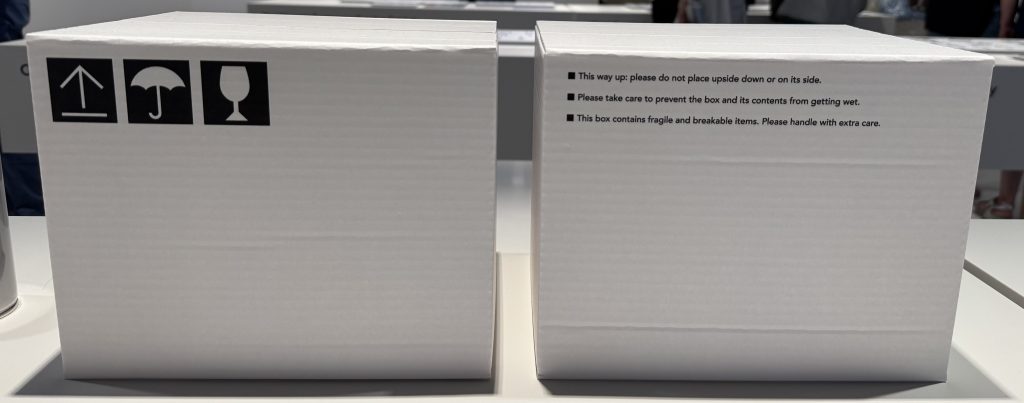Meaningful melodies…
In the introduction to his brilliant translation of Beowulf, Seamus Heaney talks of letting “the natural ‘sound of sense’ prevail” over strict metrical rules. So that the melody of the words takes precedence and is rooted in the meaning, rather than being slapped on later like lipstick on a gorilla or churned out by an unthinking algorithm. When the music comes from the message, the words don’t just sound good, they make sense. They ring true and in turn, stay with you.
At a time when we are surrounded by so much slop signifying nothing, meaningful melodies made by a real human being with a deep love of words are more valuable than ever before.
Looking for a last minute festive gift? I heartily recommend “the first native epic”.




